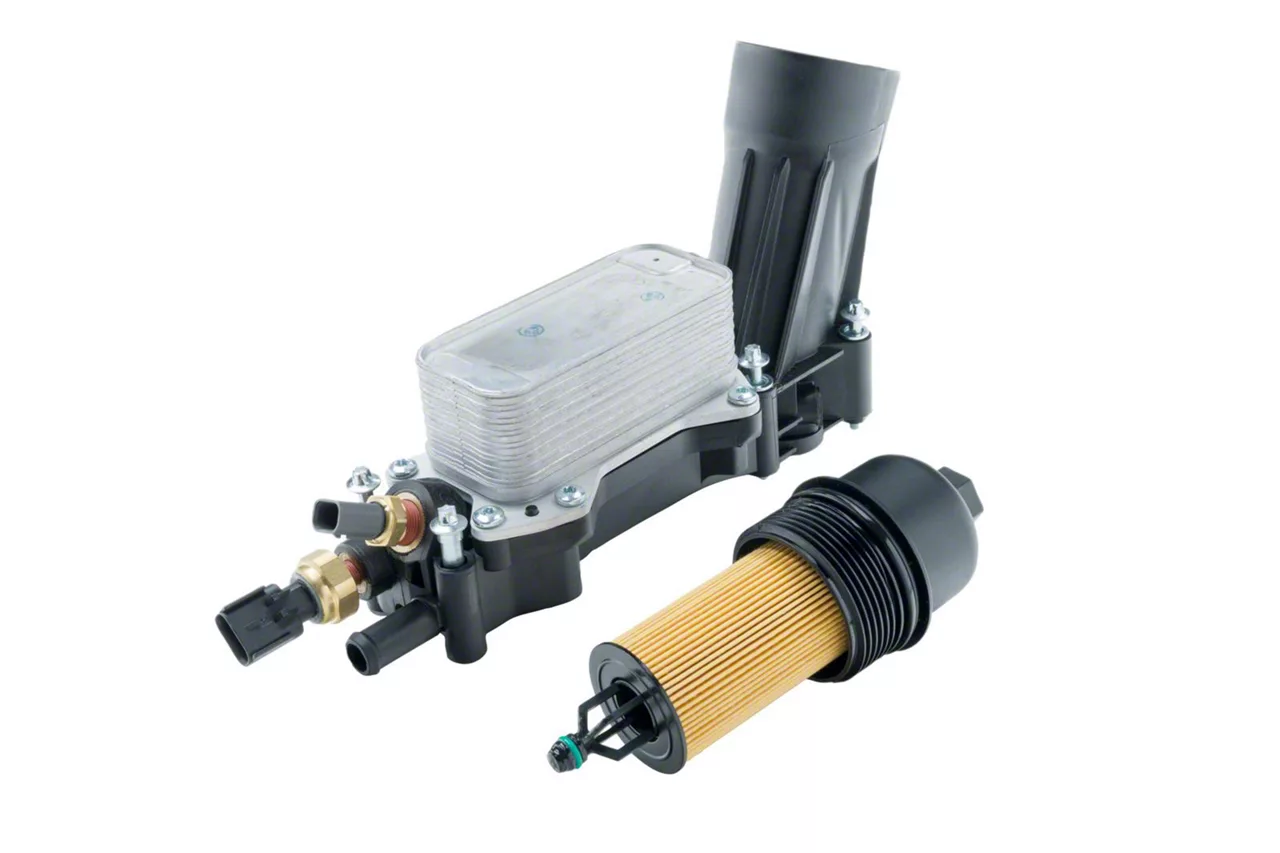Avoiding Engine Problems: Understanding the Importance of JEEP Engine Oil Filter Assembly
Caring for your SUV is important for maximizing its efficiency and durability, especially true when it comes to vital components like the oil housing filter. The oil housing filter plays a pivotal role in your engine's lubrication system, offering a secure area for filtering engine oil and controlling its flow. Comprehending how this component functions can help you steer clear of engine trouble and keep your vehicle running smoothly.
The oil cooler is another key part that works in conjunction with the oil filter housing. oil cooler for jeep grand cherokee assists to prevent the engine oil from overheating, which can lead to major damage. By comprehending and regularly caring for these components, owners of Jeeps can successfully shield their engines against typical issues that come from oil circulation problems. Whether you're an adventurous driver or a daily driver, awareness of your Jeep’s oil system is essential for ensuring its efficiency.
Grasping Oil Filter Enclosure
The oil filter housing is a crucial part in a Jeep's engine system, serving as the connection point for the oil filter. This enclosure is designed to secure the oil filter in place while permitting engine oil to flow through it, ensuring that impurities and debris are removed from the oil before it circulates back into the motor. The oil filter compartment is usually made from resilient materials to withstand high temperatures and pressure within the engine.
In addition to its role in cleaning oil, the oil filter compartment may also incorporate an oil cooler in certain Jeep models. The oil cooler helps regulate the temperature of the oil, preventing it from getting too hot and maintaining optimal motor performance. Over time, the oil filter housing can experience deterioration due to exposure to heat, oil, and other environmental factors, which can result in leaks or other engine issues.
Frequent maintenance of the oil filter housing is crucial for engine health. This includes checking for leaks, making sure that the filter is properly seated, and changing the oil filter and oil as recommended. By maintaining the oil filter compartment and its related parts, Jeep owners can avoid potential issues and extend the life of their cars.
Signs of Oil Filter Housing Issues
A common significant indications that there may be an problem with the jeep oil filter housing is the presence of oil leaks. If you notice oil pooling under your vehicle or observe oil streaks on the engine components, it could indicate that the oil filter housing has sustained damage and its seals are worn out. This not only lead to a lower oil level, which can affect engine performance, it also poses a risk of engine damage if not addressed promptly.
A further sign of potential problems is a drop in oil pressure. If you experience fluctuations on your oil pressure gauge or warning lights illuminating on your dashboard, it may be linked to a faulty oil filter housing. An oil filter housing can allow oil to escape, resulting in insufficient lubrication in the engine which can lead to severe internal damage as time goes on.

Lastly, pay attention to unusual engine noises or overheating. An improperly functioning oil filter housing can disrupt the oil flow, leading to inadequate lubrication. This may cause increased friction and wear on engine parts, causing knocking or grinding sounds. Additionally, if your engine begins to run hotter than normal, it can indicate the possibility is that the oil is not circulating properly, which is serious sign of oil filter housing issues that should be addressed immediately.
Maintenance Advice for Longevity
Consistent care of the Jeep oil filter housing is vital for ensuring your engine's health. Start by examining the oil filter housing for any signs of leaks or cracks during regular oil changes. This preventative approach enables you to address potential issues before they grow into major problems, helping you save you time and money in the long run.
It is also important to use high-quality oil filters that are appropriate with your Jeep model. Investing in a reliable filter helps maintain the integrity of the oil and prevents contaminants from circulating through the engine. When replacing the oil, ensure that the oil filter housing is thoroughly tightened to prevent any leaks that could hurt performance.
Finally, watch your oil levels and quality consistently. Keeping an eye on the oil condition can help spot issues early, such as the presence of metal shavings or a burning smell. Replacing the oil at recommended intervals and servicing the oil cooler can substantially enhance the lifespan of your Jeep's engine, ensuring it runs efficiently for an extended period to come.